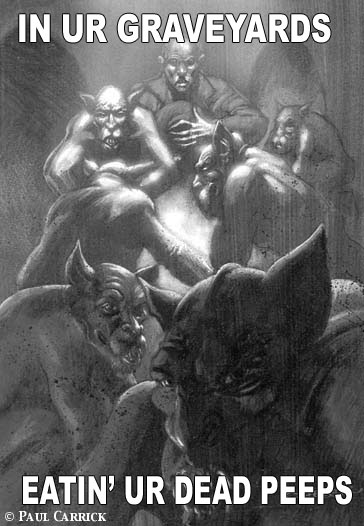1. the initial application
2. a written test
3. a physical agility test [not kidding]
4. a video test
5. a form-writing test
6. a personal interview
There was no moving on unless you passed each section. Despite its being at about an eighth-grade level, half the room was cleared after the written test. We didn't even have to do the math sections, only reading and basic English. I suppose I had an almost nauseating advantage there; my ACT scores for both reading and English were in the high 30s. My only real concern was the physical agility test; I might not be completely out of shape, but I'm no Olympian. In order to pass, we had to do the following:
1. Walk a mile [20 laps around the gym] in less than 17:42
2. Transfer a 70 lb. dummy patient from one table to another, without a struggle
3. Pull 145 lbs. from an upright position
4. Complete a shuttle run in less than 32 seconds
I had fifteen seconds left by the time I finished the mile; it's tougher than it seems. And, of course, I managed to fall during the shuttle run, and skin a hole in my knee. But, I did it in about 25 seconds. No sweat.
The video test and form test were no big deal, and the interview was almost completely about ethics. That's something I have no trouble with. If you see someone yelling at a patient or stealing staplers, you tell someone. You don't encourage it, or ask which supply cabinet is unlocked.
So, I passed the entire test, and have been placed on an applicant list for a year. If they call me, though, I could have issues. Their training program is run for four to six weeks, Monday to Friday, from 8 am to 4 pm. In order to do that, I'd have to quit school.
So, in spite of passing, there was actually no point in me going. Not too pleased about that.
In order to cheer me up, I am including a pictoral, though not necessarily representative, list of bowling terms. Spock and I went bowling on Tuesday, and I managed to break our lane. We think it was because I managed to hit what the computerized bowling coach called an 'unusual spare'. Too much awesome.
20 Hilarious Bowling Terms
with pictures!
1. Baby Ball - a delicate release

2. Turkey - three strikes in a row

3. Snake Eyes - a 7-10 split

4. Logs - heavy pins used for practice

5. Bicycle - a pin hidden behind another pin

6. On the nose - hitting the headpin dead-on

7. Pie - a lane that is easy to score on

8. Mother-in-Law - the 7 pin

9. Honey - a good ball

10. Woolworth - the 5-10 split

11. Apple - a bowling ball

12. Puddle - a gutter ball

13. Umbrella Ball - a high hit on the nose resulting on a strike

14. Snow Plow - a ball that clears all the pins for a strike

15. Rat Club - a team shooting low scores

16. Lilly - the 5-7-10 split

17. Jam - forcing the ball high in the pocket

18. Graveyards - low-scoring lanes

19. Dodo - a ball out of legal weight or balance

20. Chicken Wings - a bowler's elbow leaving their body

Alley-oop!
~Sushi
